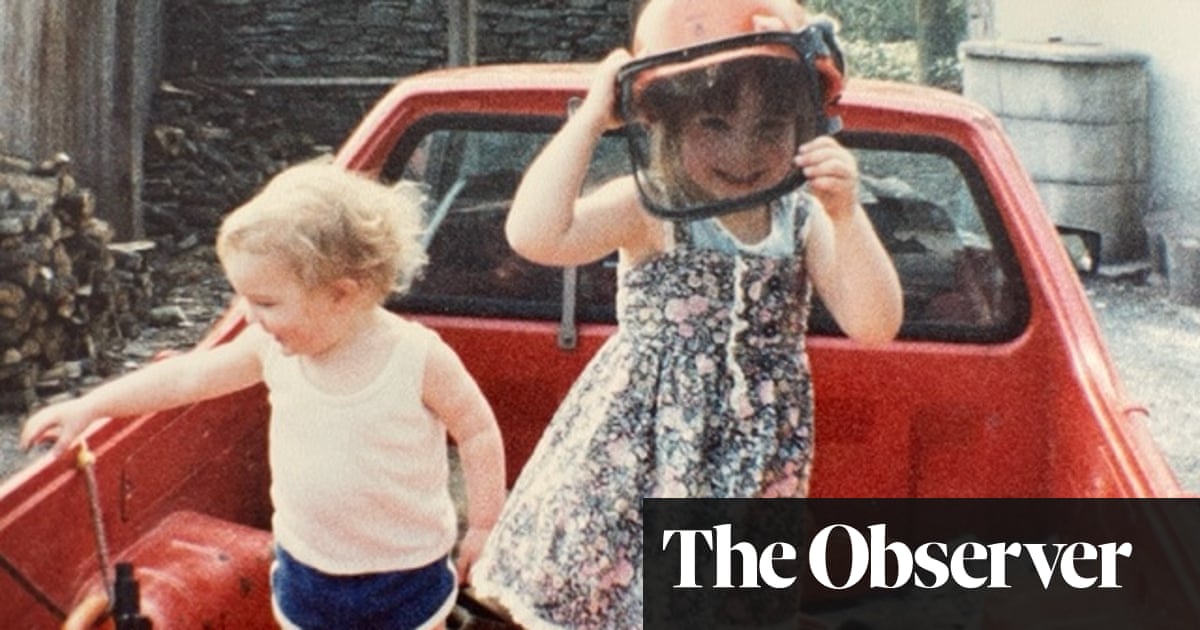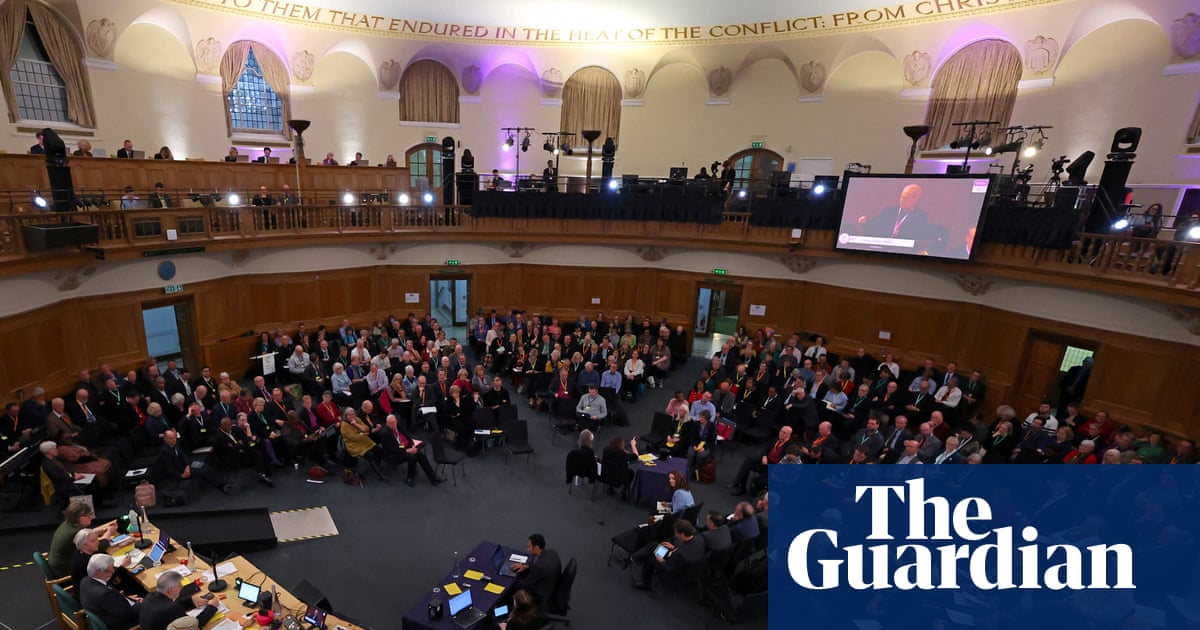
The creators of a new “working-class Downton Abbey” drama say the lack of such programming is being compounded by the decline of soaps and “posh older guys” who have had the monopoly on storytelling.
Made by the producers of All Creatures Great and Small, the “rags-to-riches” period drama The Hardacres is the brainchild of Call the Midwife and Our Girl writers Amy Roberts and Loren McLaughlin, who said they chose to make the series because “more working-class people watch telly than any other demographic, but they don’t feel like they are represented on the screen”.
The series is written and produced by working-class women – unusual for a period drama – and McLaughlin said: “One of the most important things for us was the class angle” as it was “rare to see a working-class family at the forefront of any TV show, let alone a period drama”, particularly one with smart, witty characters. She said: “The stories that we tell about working-class people are often quite grim, quite depressing … patronising [or] caricatures.”
Billed as a cross between Poldark and Downton Abbey, The Hardacres is based on the bestselling Hardacre saga novels by CL Skelton and charts the journey of a Victorian family from gutting fish in grimy docks to amassing a huge Yorkshire country estate as they navigate the British class system.
Class is a thorny issue for television at the moment. It was debated at the Edinburgh television festival in August after the Sherwood creator James Graham said the industry should treat class like other inequalities such as race or sexuality and Carol Vorderman pointed out that working-class people were shunning TV for social media. The Line of Duty star Vicky McClure told the Labour party conference she was “finding it frustrating” getting TV to make working-class shows.
Roberts said: “We’re at a sort of crisis point. TV’s in a really tough spot with falling revenue … We have to connect to the audience and we do that by representing them and showing them something that does speak to their lives. We do that less the fewer working-class people we have telling stories.
“Eight per cent of people who work in film and television are from working-class backgrounds, which is terrible … It’s not by accident that working-class writers aren’t commissioned. Someone is making those decisions.
“Posh older guys … don’t have the monopoly on storytelling, they really don’t, and we need to open the shop.”
McLaughlin said many working-class writers were struggling to make a living. She said the golden era of working-class dramas from 20 years ago that inspired her came from “people that were coming through the soaps who built the bedrock of working-class drama, like [Clocking Off writer] Paul Abbott”. As soaps’ popularity has fallen, she added, “we don’t have the same people allowed to come through from those continuing dramas”.
The Doctor Who, Time and Payback actor Julie Graham, who plays Ma Hardacre, said the problem was exacerbated because “a whole generation of young, working-class actors …will probably be wiped out because there’s not the funding to go to drama school” that was available when she was training.
She said Judi Dench put “about 10 working-class actors through drama school every year. But she shouldn’t have to do that.”
Her words, and those of Roberts and McLaughlin, echoed those of McClure, who has been trying to get working-class dramas made through her own production company but, despite her fame, is “finding it frustrating”.
She told Labour’s party conference that more working-class people were turning to social media rather than TV and asked: “Where’s the working class The Crown? That’s what I’d love to see. Something with big production values, where the stories and characters are as big.”
The Hardacres, which is a rarity in having an all-female writing team, female producers and strong female leads across three generations, may help fill that gap. It airs on Channel 5 from 7 October.
Graham praised Channel 5 for commissioning relatable, British series, saying: “Channel 5 is trying to put on working-class stories … that people can relate to and working with actors who are from those kinds of backgrounds [and also] employing writers from those backgrounds.”












